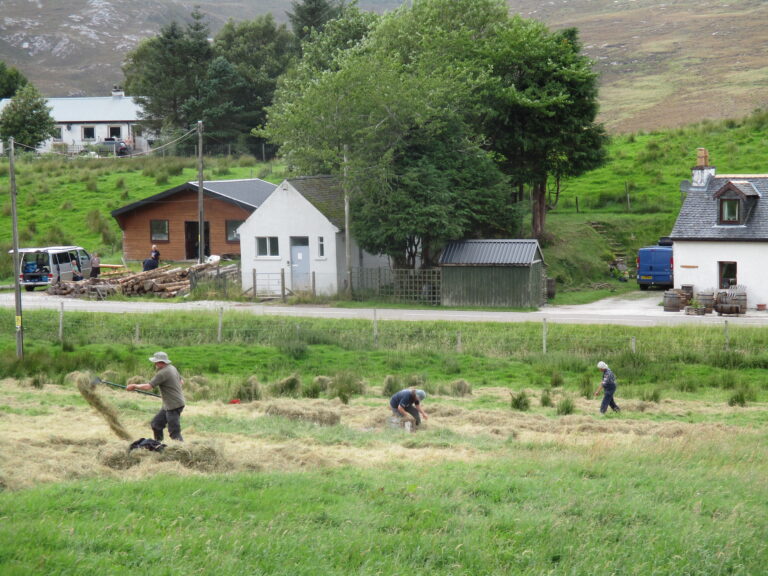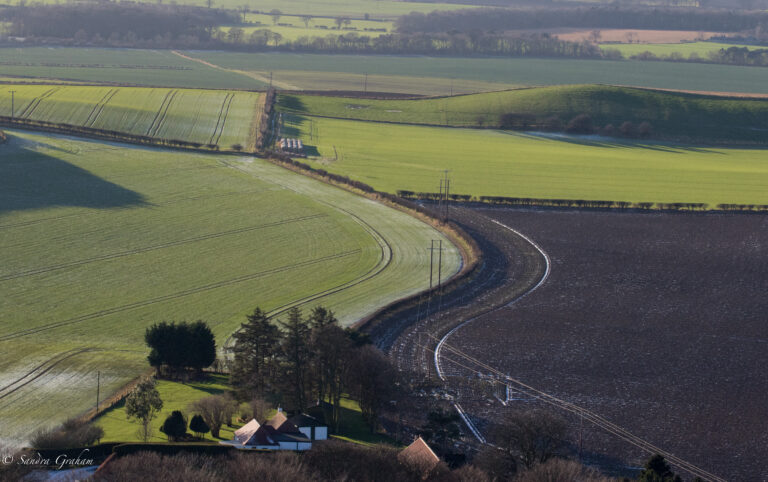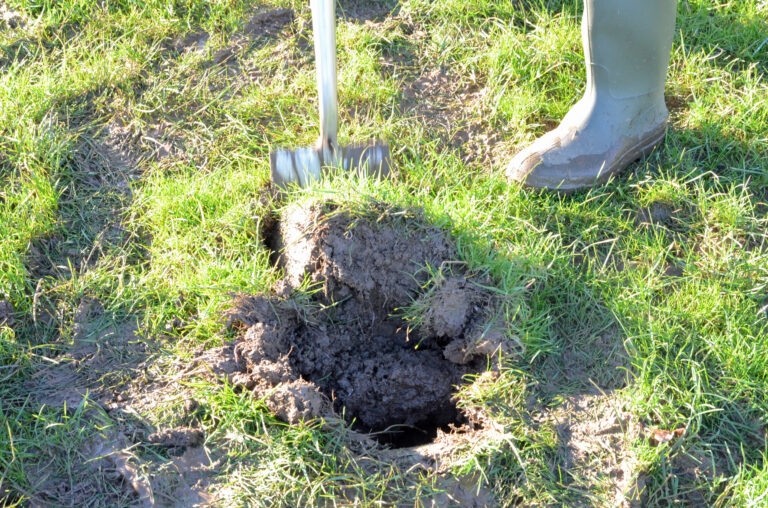
Highland Good Food Partnership: We need a system that supports small scale producers and shorter supply chains
A thriving agricultural sector, embracing a diversity of scales and types of farming and crofting across the whole Highlands, is vital to achieve a Good Food Future, says Helen O'Keefe.





